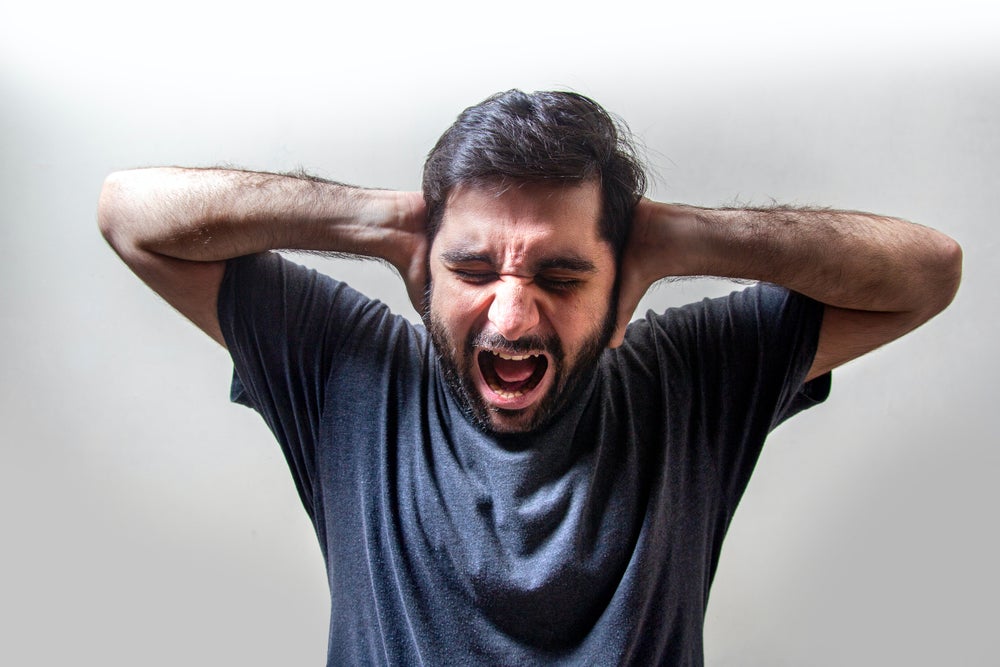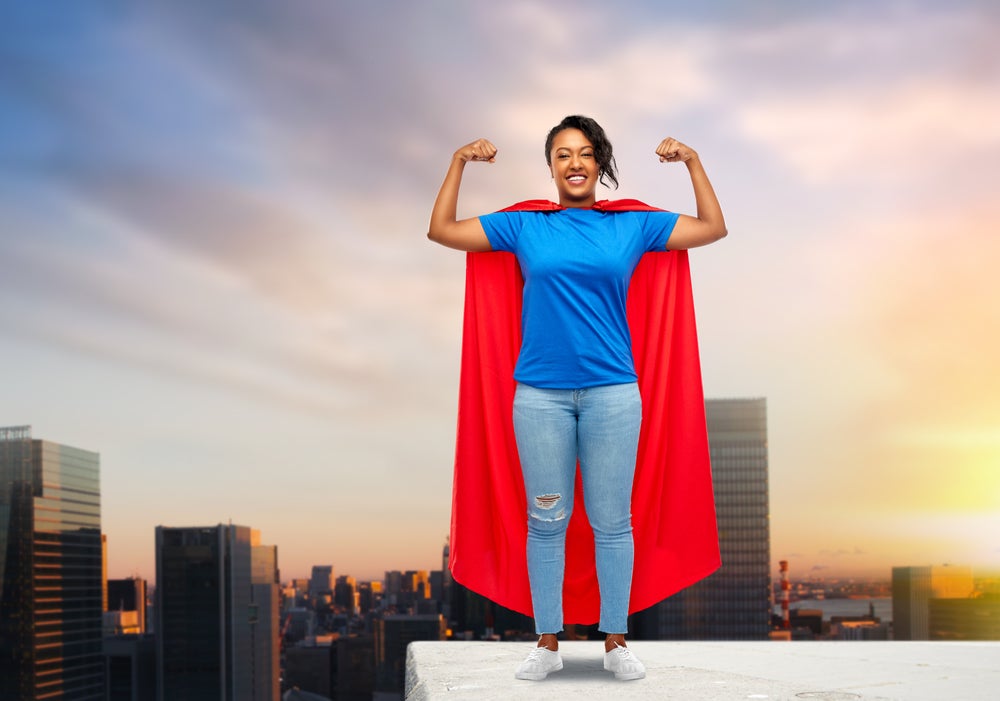Opinions expressed by Entrepreneur contributors are their own.
No matter how prepared we are, life constantly tests us .
We may have to give a presentation in front of a crowd, get to the final interview in a selection process, or we need to present our project in front of a group of investors . The point is that, no matter how much we prepare, we cannot avoid being invaded by nerves and anxiety.
It is normal. Our mind is programmed to interpret as threats almost all those situations that may condition our future. Every time we step out of our comfort zone and face a challenge we are not used to , our body reacts by trying to stop.
How we experience that feeling will determine our success . There are people who are capable of normalizing it, while others it completely blocks them and prevents them from fighting for what they want.
Science has been investigating for years why certain people succumb to uncertainty and others continue to persist. If you have ever felt that you lacked confidence or have missed an opportunity because of it, here are five keys that will help you feel more confident about yourself next time.
1. Use a power pose for two minutes
Image: Depositphotos.com
Several investigations have shown that the communication between your mind and your body is not one-way, but has two senses. When you are sad, your body reflects it by shrugging your shoulders and showing a dejected expression, but if you adopt that same posture when you are not sad, little by little you will feel more sorry.
It is a kind of retroactive logic. Your mind detects that your body is expressing a certain emotion, so to be congruent it begins to enter that same emotional state.
Fortunately, you can use this phenomenon to your advantage. Dr. Amy Cuddy observed that maintaining a confident posture for two minutes, puffing out the chest, lifting the chin, and resting the hands on the waist, was able to reduce the levels of cortisol, the stress hormone and anxiety.
Find a private place to hold this pose for a couple of minutes before your next challenge and you will immediately feel more confident.
2. Remember your successes before

Image: Zac Durant via Unsplash
In an experiment carried out among several universities ( Lammers J. et al., 2013 ) it was observed that those candidates who remembered a success of which they were especially proud before facing a challenge (in this case it was a job interview) achieved make a better impression than those who didn’t.
The next time you feel suspicious or uneasy, bring to mind a success that you are especially proud of. You will increase your self-confidence.
3. Reinterpret your anxiety as enthusiasm

Image: Usman Yousaf via Unsplash
Why do some people, faced with the same situation, feel full while others feel anxious?
Consider parachuting or making a public presentation, for example. Surely you know people who can enjoy both situations and who even try to provoke them. Where is your secret?
The key is that both sensations are caused by the same substance: adrenaline. However, the way we interpret each situation determines the effect that adrenaline will have on us. When we anticipate a happy ending, we are overcome with emotion. If we imagine that something bad is going to happen to us, anxiety invades us.
In an experiment conducted by Harvard University, the authors subjected participants to situations capable of causing great anxiety, such as singing in public or presenting in front of an audience. However, those participants who repeated aloud “I’m excited” before starting each test, got better scores.
Start reframing your anxiety as if it were enthusiasm and you will feel a lot less worried.
4. Acknowledge your emotions out loud

If, despite these first three tips, you can’t feel more confident, don’t worry. In this case, it is best to recognize your true emotions because a study showed that naming your real emotional state aloud can reduce the intensity of that same emotion ( Kircanski K. et al., 2012 ).
If you had to stand on stage to give a presentation, you could admit to the audience that you are overwhelmed by the large number of attendees, or admit that you feel nervous in front of the evaluator in a job interview. In this way, you would be taking off the pressure of having to hide your anxiety, you would reduce its intensity and allow others to forgive you for your mistakes by empathizing with you.
5. Treat yourself like a friend

Image: Greg Raines via Unsplash
Have you noticed that we are much harder on ourselves than on our friends? When we fail we tend to criticize ourselves harshly, while when a friend tells us about a failure we console him and try to downplay it.
This strategy is the central axis of self-compassion, a new form of self-esteem that is revolutionizing the scientific community thanks to its excellent results in reducing anxiety and depression.
Instead of adding pressure when things go wrong, self-pity is committed to taking it away. When all of the above fails and you fail to reduce your anxiety or you make a mistake, forgive yourself and use words of support with yourself in the same way as you would with a friend. This will give you enough comfort to try again instead of punishing yourself for your mistakes.
Start using these proven strategies and you will find that you have more ability to reduce your anxiety and feel more confident than you think.




